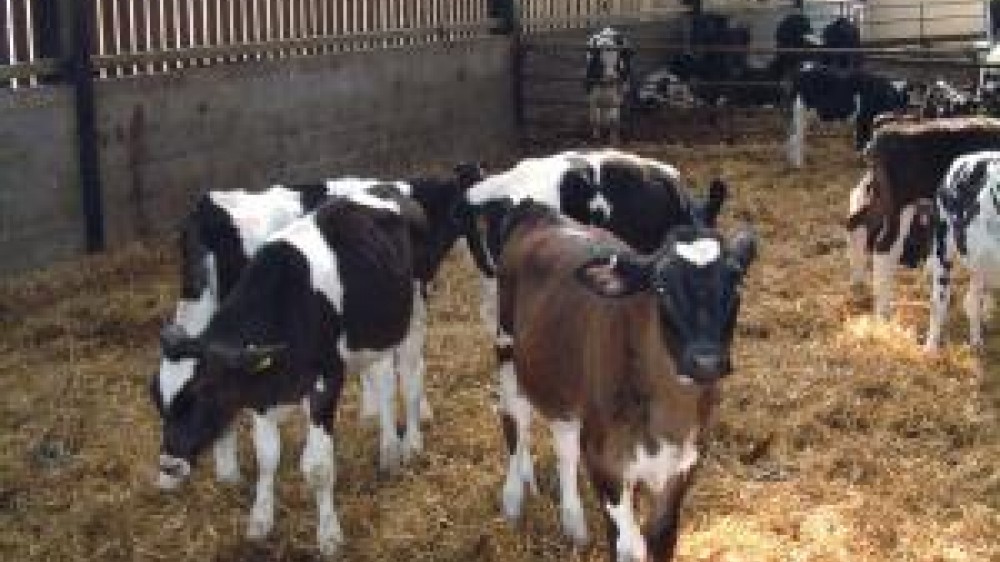£1.4 million of funding to support the mooove away from rodent models of bovine Tuberculosis

We are pleased to announce the award of three grants under our joint strategic award competition with the BBSRC in the area of replacing animal models of bovine Tuberculosis (bTB).
The current UK bovine tuberculosis epidemic is one of the biggest challenges facing cattle farming in the UK with very serious economic and animal welfare consequences. The disease has spread from isolated pockets in the 1980s to cover large areas of the west and southwest of Britain, illustrating its increasing incidence.
One of the key challenges identified by the bTB research community is the lack of effective models to study TB infection, pathogenesis and virulence. The current bTB animal models have limitations and there is a need for alternative, biologically relevant systems.
These strategic awards were made with co-funding from the BBSRC, as part of their wider EradbTB initiative. Two awards to the University of Surrey are focused on developing alternative models for studying the host-pathogen interaction, including a tissue-engineered bovine airway model and the non-vertebrate Dictyostelium. The award to the University of Oxford is aimed at the translational side – developing an in vitro model for screening vaccines, and refining the current large animal model.
Information on all grants awarded:
- Developing and validating an in vitro mycobacterial challenge model to facilitate TB vaccine research and minimise in vivo challenge – Professor Helen McShane, University of Oxford (£552,663)
- A bovine alveolus model to replace cattle in the study of host-pathogen interactions in bovine tuberculosis – Professor Mark Chambers, University of Surrey (£424,819)
- DictyMyc: Using Dictyostelium to study the genetic basis of Mycobacterium bovis intracellular infection – Professor Graham Stewart, University of Oxford (£434,851)
